An EEG test is a record of brain activity. The electroencephalogram EEG is a medical test used to measure the electrical activity of the brain.
 Eeg Brain Wave Test East Neurology
Eeg Brain Wave Test East Neurology
The electrodes detect tiny electrical charges that result from the activity of your brain cells.

What does eeg show. An ambulatory EEG test makes a recording of your brains activity over a number of hours or days. An EEG is a test that detects abnormalities in your brain waves or in the electrical activity of your brain. What does the EEG show.
Electroencephalography EEGis a test that measures the electrical activity of the brain. EEG can help diagnose a number of conditions including epilepsy sleep disorders and brain tumours. An EEG evaluates brain function by measuring the electrical activity within the brain.
These electrodes are able to detect tiny electrical charges that result from brain cell activitythese charges are amplified and projected as a graph on a. The EEG is used in the evaluation of brain disorders. An EEG involves attaching electrodes to your scalp to record electrical activity.
During the test small sensors are attached to the scalp to pick up the electrical signals produced when brain cells send messages to each other. It is a readily available test that provides evidence of how the brain functions over time. During the procedure electrodes consisting of small metal discs with thin wires are pasted onto your scalp.
Although the electroencephalogram EEG is a reliable test to assess cerebral function its value in diagnosis and evaluation of neurological conditions apart from epilepsy has been largely superceded in recent years by other investigations with. These signals are recorded by a machine and are looked at by a doctor later to see if theyre unusual. The brain waves may be normal or show abnormalities in certain regions.
An EEG can be used to help detect. EEG wires are placed on your scalp like in a routine EEG then attached to a special recorder that is slightly larger than a portable cassette player. EEG electroencephalography measures the electrical activity of our brain via electrodes that are placed on the scalp.
A number of electrodes are applied to your scalp. In people with epilepsy there may be epileptic activity on the EEG indicating their predisposition to. It records patterns of activity during rest and in response to certain stimuli.
The electroencephalogram EEG is a measure of brain waves. It tells us from. Keep in mind that electroencephalography is only one part of a comprehensive diagnostic workup.
The EEG test and electrodes are painless. The EEG recording shows rhythmical electrical activity often called brain waves. An electroencephalogram EEG is a test used to evaluate the electrical activity in the brain.
This helps your doctor diagnose and evaluate brain disorders and conditions. During an EEG electrodes made up of small discs and thin wires are attached to your scalp. Most commonly it is used to show the type and location of the activity in the brain during a seizure.
Brain cells communicate with each other through electrical impulses. An electroencephalogram EEG is a recording of brain activity. An EEG or electroencephalogram is a test that records the electrical signals of the brain by using small metal discs called electrodes that are attached to your scalp.
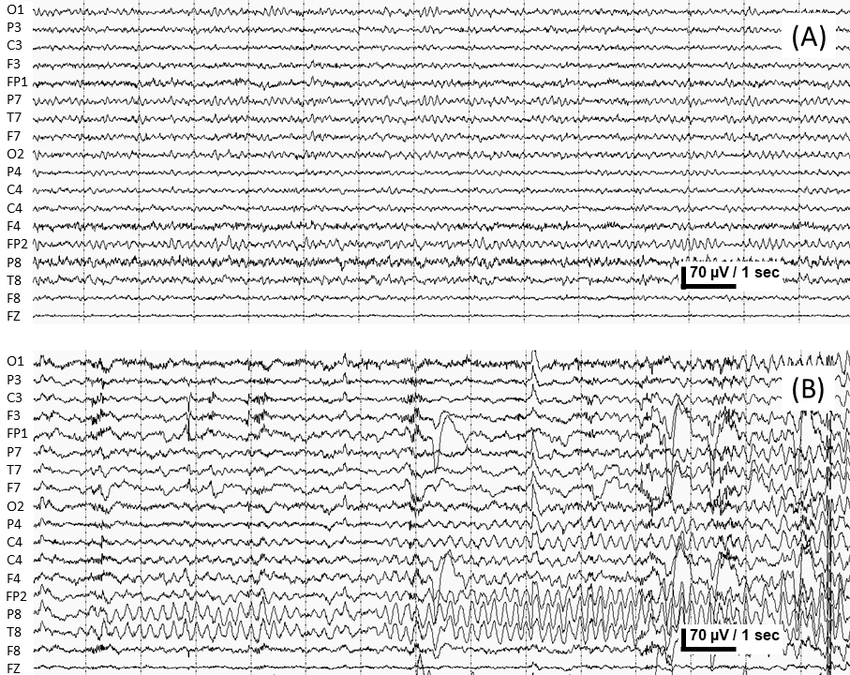 Normal Eeg Compared To Eeg Including A Seizure A Normal Eeg Of 15 Download Scientific Diagram
Normal Eeg Compared To Eeg Including A Seizure A Normal Eeg Of 15 Download Scientific Diagram
 Normal Eeg Compared To Eeg Including A Seizure A Normal Eeg Of 15 Download Scientific Diagram
Normal Eeg Compared To Eeg Including A Seizure A Normal Eeg Of 15 Download Scientific Diagram
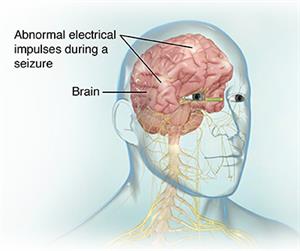
Making Sense Out Of An Eeg Epilepsy Foundation
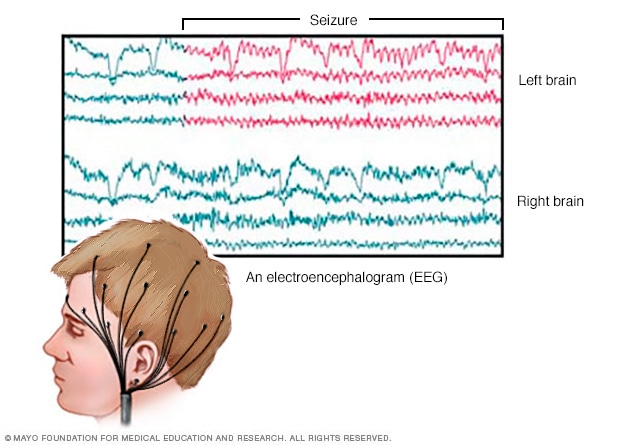 Eeg Electroencephalogram Mayo Clinic
Eeg Electroencephalogram Mayo Clinic
/eeg-601235088-5a524fdef1300a0037eeebe5.jpg) Electroencephalogram Eeg Uses Procedure Results
Electroencephalogram Eeg Uses Procedure Results
:max_bytes(150000):strip_icc()/sleep-deprived-eeg-and-seizures-4628312_final-a8f1e5e503d04324918753e48f6d1521.png) How A Sleep Deprived Eeg May Diagnose Seizures
How A Sleep Deprived Eeg May Diagnose Seizures
 How To Read An Eeg Epilepsy Foundation
How To Read An Eeg Epilepsy Foundation
:max_bytes(150000):strip_icc()/3014879_color-5bbbc09fc9e77c00514e2d7d.png) Electroencephalogram Eeg Uses Procedure Results
Electroencephalogram Eeg Uses Procedure Results
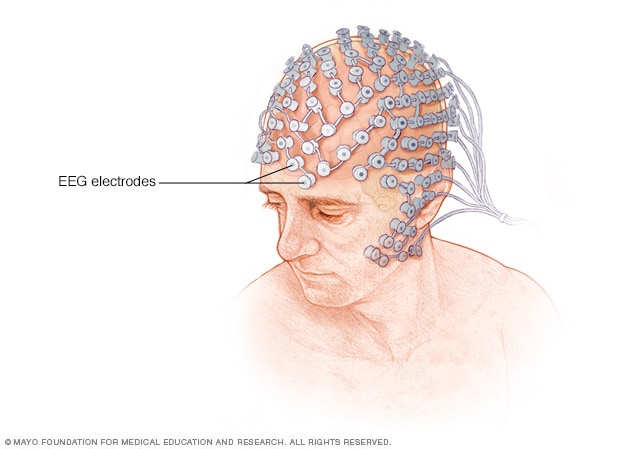 Eeg Electroencephalogram Mayo Clinic
Eeg Electroencephalogram Mayo Clinic
 Understanding Your Eeg Results Normal Abnormal Eegs
Understanding Your Eeg Results Normal Abnormal Eegs
 Eeg In Neurological Conditions Other Than Epilepsy When Does It Help What Does It Add Journal Of Neurology Neurosurgery Psychiatry
Eeg In Neurological Conditions Other Than Epilepsy When Does It Help What Does It Add Journal Of Neurology Neurosurgery Psychiatry
 Electroencephalogram An Overview Sciencedirect Topics
Electroencephalogram An Overview Sciencedirect Topics
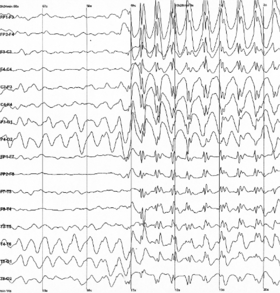 Electroencephalography Wikipedia
Electroencephalography Wikipedia
No comments:
Post a Comment
Note: Only a member of this blog may post a comment.